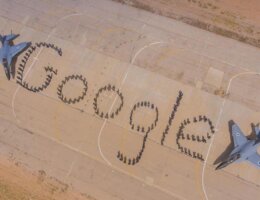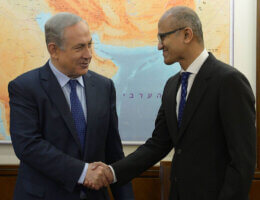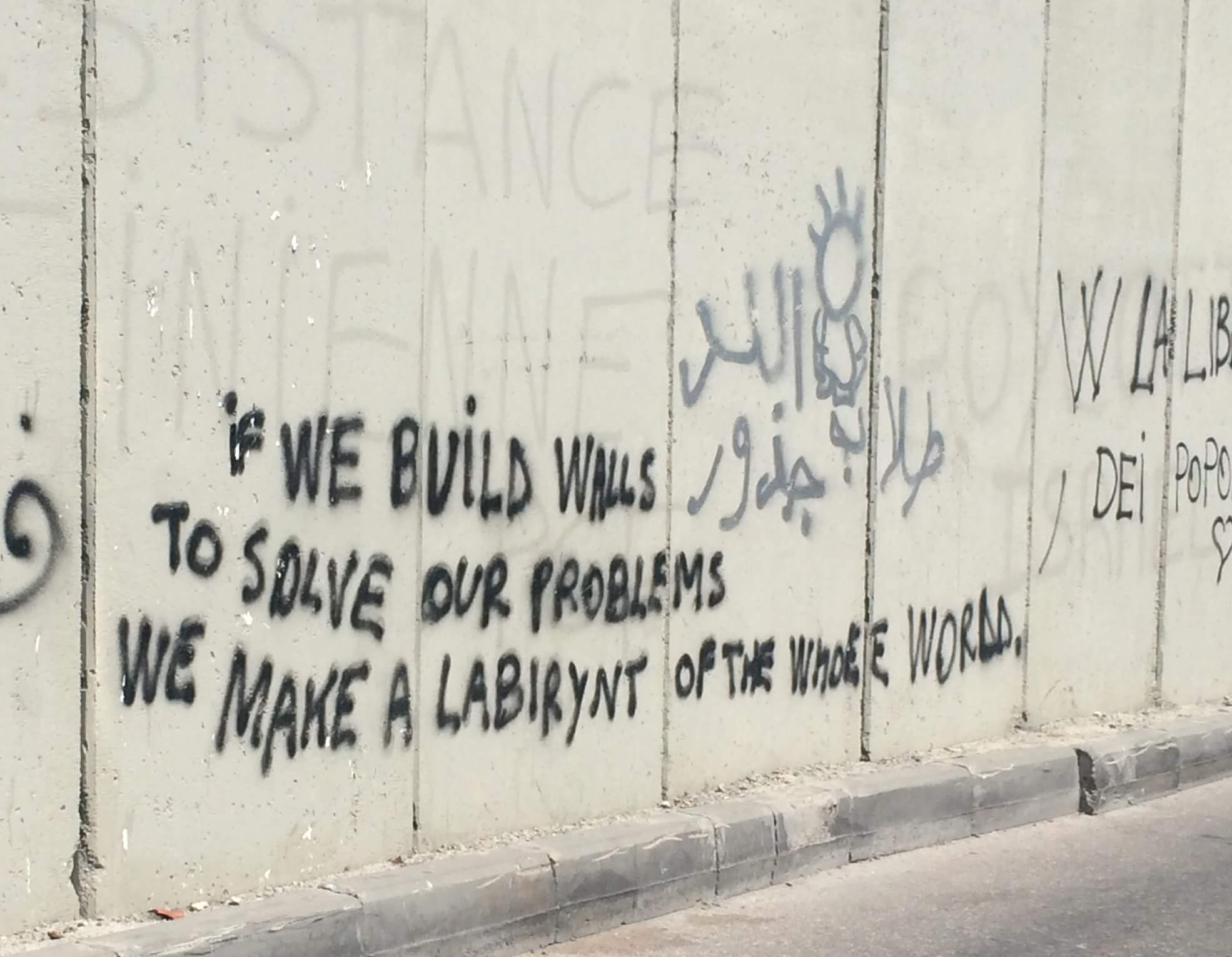Israel has erased the Jewish people and destroyed the possibilities for Jews to live in Palestine as non-colonizers. “Israeli” is a colonial identity we should renounce, because it harms both Palestinians and Jews.
In October, software engineers at Google and Amazon wrote an anonymous open letter objecting to Project Nimbus – a $1.2 billion contract that would provide these companies’ services to the Israeli state – because of the harm it would bring to Palestinians. Yet these companies’ complicity with Israel’s colonial project goes far beyond direct contracts with the Israeli state.
Microsoft doesn’t get scrutinized as much as its peers, but the corporation provides a bold example of how corporations benefit from, and contribute to, Israeli militarism and violence. Microsoft cultivates and helps export Israel’s dangerous tools, while also sanitizing the deadly US-Israeli alliance with the help of non-profits and academic partnerships.
Yarden Katz translated a discussion in Tel Aviv between Palestinian activist Jafar Farah and Jewish activists Yael Barda and Meron Rapoport. Jafar gave brilliant rejoinders to a challenge from the audience–and his delivery of those words, in that Israeli-Jewish forum, was in itself a powerful act. But Jafar was also reminding us to also imagine more radical possibilities for the region as a whole.
Speaking in a public forum in Tel Aviv, Palestinian civil rights activist Jafar Farah responds to a question from a Zionist Israeli about the Jewish right to the land based on a two-thousand-year history: “In the last three thousand years, I didn’t expel you from here, I’m not responsible for this. It’s a chutzpah to lay the blame for that on me. My parents lived in Haifa and one day woke up and found that rather than 70,000 Palestinians they were merely 2,000. They try every day to rebuild themselves and deal with the trauma you’ve created for us. And yes, you have no right to expel another people because God promised you something.”
Dareen Tatour, a Palestinian poet and citizen of Israel, was arrested in 2015 for posting a poem on Facebook. Tatour was charged with “incitement”, imprisoned for months and then kept under house arrest while awaiting trial. Transcripts from her trial were recently published and reveal the Israeli state’s inquiry into the nature of poetry: What is a poem? And what makes one a poet? Those were some of the questions raised by the state prosecutor in a tribunal that seems somewhere between an academic conference and a Stalinist show trial.
According to a recent New York Times op-ed, Israel today is “nothing like” South African apartheid. Yarden Katz, an Israeli, abandoned the warnings about visiting the West Bank and toured a housed in Bethlehem trapped by the wall, and a ghost town in Hebron, “If we only dare look, we see that there’s apartheid and much more.”
Harvard conference on science and politics, sponsored by The Israel Institute and Tel-Aviv University, turns blind eye to Palestinians and Israeli occupation.
On NPR’s “On Point,” Tom Ashbrook pairs Gerald Steinberg, the rightwing director of NGO Monitor, with Sayed Kashua the Palestinian writer. That’s like pairing an evolutionary biologist with a slick spokesperson for intelligent design.









